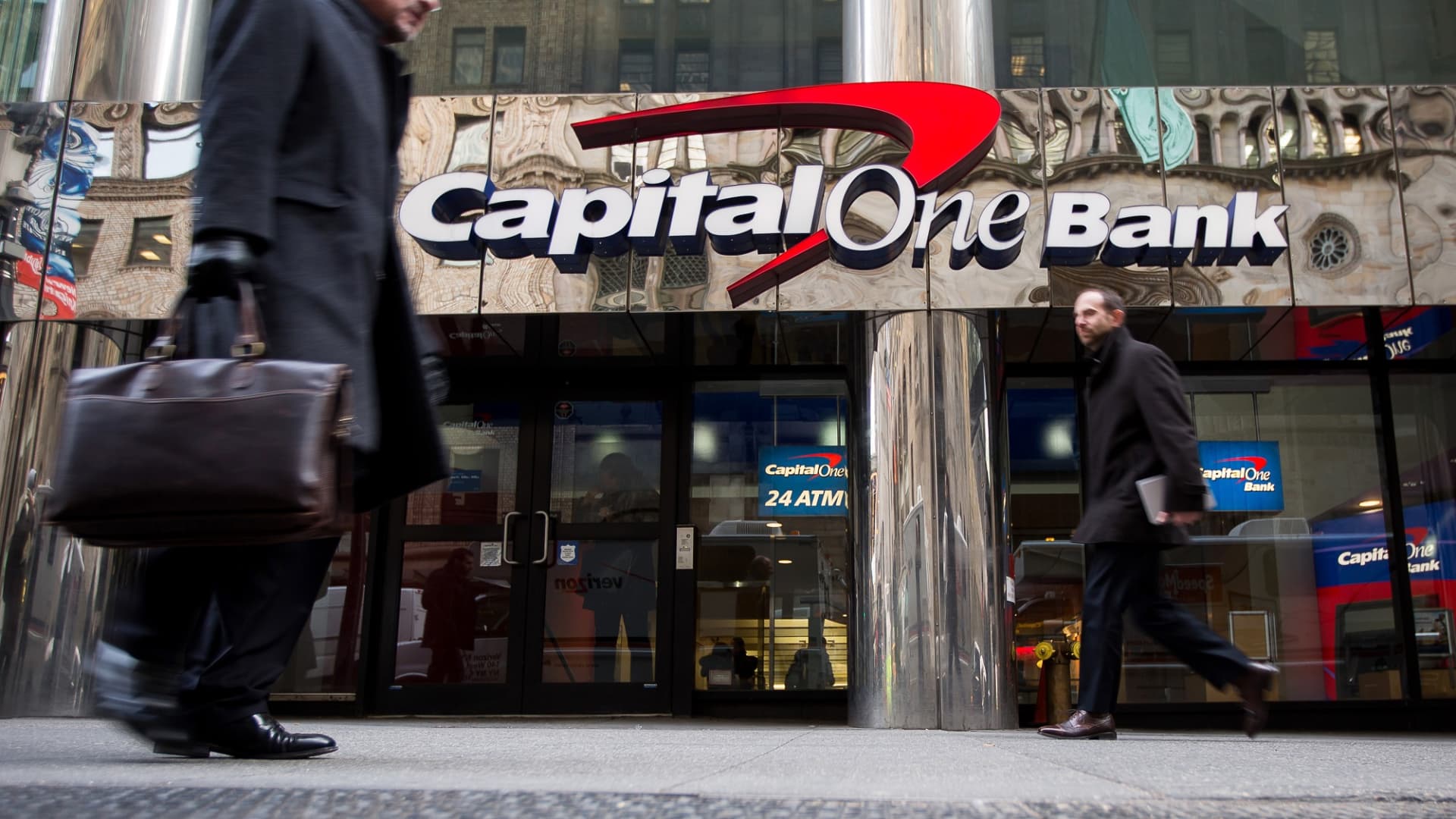Check out the companies making headlines in early morning trading.
Enphase Energy — Shares of the solar microinverter maker jumped more than 8% during premarket trading following the company’s first-quarter results. Enphase reported record revenue, and exceeded analyst expectations on the both the top and bottom line. The company said Europe will be a key growth area looking forward as Russia’s invasion of Ukraine sends power prices soaring.
Juniper Networks — The maker of networking technology saw its shares decline 6.1% after reporting first quarter earnings that came in slightly lower than analysts’ estimates. Management said on the company earnings call that ongoing supply chain challenges have resulted in extended lead times and elevated logistics and component costs.
Edwards Lifesciences — The artificial heart valve maker’s shares fell 3.6% despite reporting a revenue beat for the first quarter, as the company issued weak revenue guidance for the current quarter.
Visa — Visa’s stock surged 5.5% premarket following a beat on the top and bottom lines in the previous quarter, as it anticipates travel recovery will bring continued growth. The payments firm reported adjusted earnings per share of $1.79 on revenues of $7.19 billion. Analysts expected $1.65 adjusted earnings per share and $6.83 billion in revenue, according to Refinitiv.
Texas Instruments — Shares of Texas Instruments fell 2.9% after the tech company issued weak earnings and revenue guidance for the current quarter and said it expects reduced demand from Covid restrictions in China.
Boeing — The aircraft maker’s shares slipped by 1.3% after the company recorded weaker-than-expected earnings and revenue for the most recent quarter. Boeing also said it’s pausing production of its 777X plane and doesn’t expect deliveries to start until 2025.
Harley-Davidson — Shares of the motorcycle maker shed 1.4% after the company reported earnings for the previous quarter that were in line with analysts’ estimates, at $1.45 per share, according to Refinitiv. It’s quarterly revenue also slightly missed estimates, at $1.30 billion versus $1.31 billion.
Robinhood — The retail brokerage’s shares fell 4.5% in early trading after the company reported it will cut about 9% of its staff, citing “duplicate roles and job functions” after its expansion last year. Robinhood reported 3,800 full-time employees as of Dec. 31.
Alphabet — Shares of Google’s parent company dipped 3.5% during premarket trading after reporting a miss on the top and bottom lines in the first quarte and weak revenue from YouTube. Alphabet reported earnings per share of $24.62 per share on revenues of $68.01 billion. Analysts anticipated earnings of $25.91 on revenues of $68.11 billion, according to Refinitiv.
Microsoft — Shares of Microsoft rose 4% premarket following a beat on the top and bottom lines in the previous quarter and shared strong guidance for the current quarter. Revenue guidance for all three of the company’s business segments in the current quarter topped analysts’ expectations.
Capital One — Capital One shares lost 5.4% in early trading despite the company beating earnings and revenue estimates for its most recent quarter. The company’s results included a pre-tax impact of $192 million from gains on partnership card portfolios and lower-than-expected net interest margins.
— CNBC’s Samantha Subin and Pippa Stevens contributed reporting
